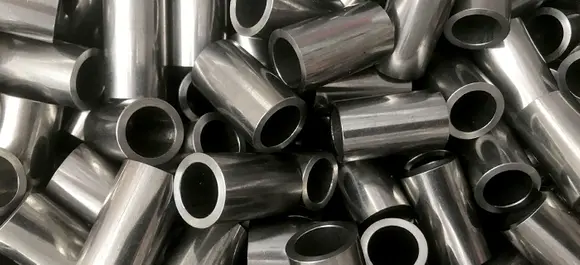Mobile:+86-311-808-126-83
Email:info@ydcastings.com
Design and Performance of Water-Powered Motor Impellers for Enhanced Efficiency and Speed
The Role of Water Motor Impellers in Modern Engineering
In the realm of fluid mechanics and engineering, water motor impellers play a crucial role in various applications, ranging from industrial processes to recreational watercraft. An impeller is a rotating component that transmits energy to the fluid, enhancing its flow and pressure. In water motor systems, impellers are designed to optimize performance, efficiency, and durability, ultimately impacting the overall functionality of the equipment they serve.
Water motor impellers are typically found in pumps, turbines, and other machinery where the efficient movement of water is crucial. In pumps, for instance, impellers convert mechanical energy into fluid energy, drawing water in and forcing it out at a higher pressure. This process is vital in numerous industries, including agriculture, where water needs to be transported for irrigation, and in municipal systems for water supply and treatment.
The design of a water motor impeller is influenced by several factors, including the intended application, the properties of the fluid being handled, and the operational environment
. Common materials used for impellers include stainless steel, plastics, and composites, each chosen for their specific benefits such as corrosion resistance, lightweight properties, and overall strength.water motor impeller

One significant advantage of well-designed water motor impellers is their ability to enhance energy efficiency. By optimizing the shape and size of the impeller blades, engineers can reduce energy losses during operation, leading to lower operational costs and a smaller environmental footprint. As industries continue to focus on sustainability, the role of efficient impellers becomes increasingly critical.
Moreover, advancements in technology have allowed for the development of more sophisticated impeller designs utilizing computational fluid dynamics (CFD) simulations. These simulations enable engineers to analyze fluid behavior and make informed decisions when designing impellers for maximum efficacy.
In the context of recreational watercraft, the importance of water motor impellers cannot be overstated. They determine the speed and maneuverability of boats and jet skis, contributing significantly to the overall experience for users. Different types of watercraft require specific impeller designs to optimize performance based on engine type, weight, and intended use.
In conclusion, water motor impellers are an indispensable component in various systems that require efficient water movement. As technology continues to evolve, the designs and materials used in impellers will likely enhance their performance further, supporting the growing demand for efficient and sustainable fluid handling solutions in both industrial and recreational applications.
-
Valve Body Acts as the “Heart” of Flow ControlNewsMay.19,2025
-
Understanding the Importance of ImpellersNewsMay.19,2025
-
Importance of Automobile Water PumpsNewsMay.19,2025
-
How an Engine Oil Pan Works to Keep Your Car LubricatedNewsMay.19,2025
-
Common Materials Used in Pump Impeller ManufacturingNewsMay.19,2025
-
Ball Valve Casting in Modern Pipeline SystemsNewsMay.19,2025











